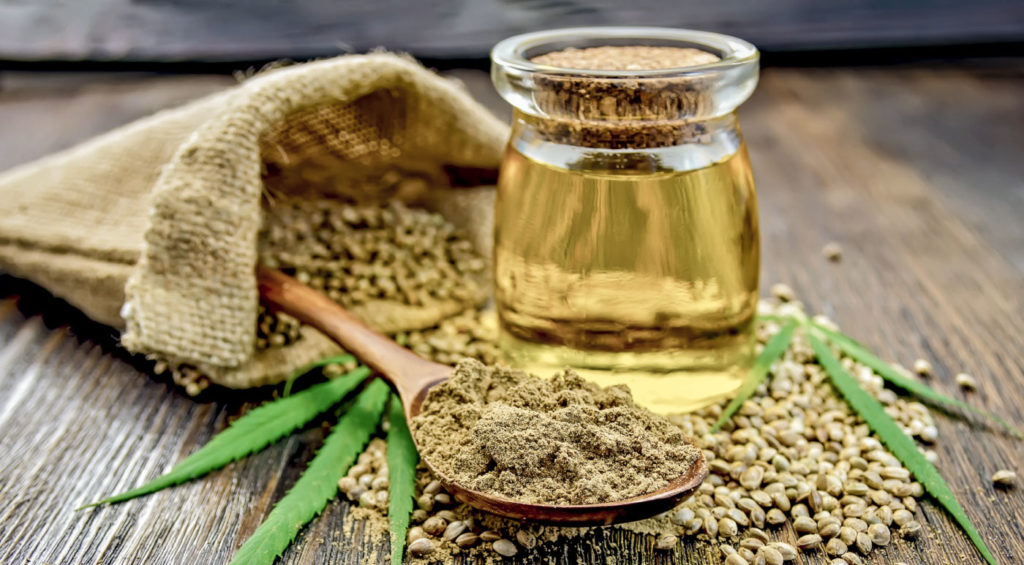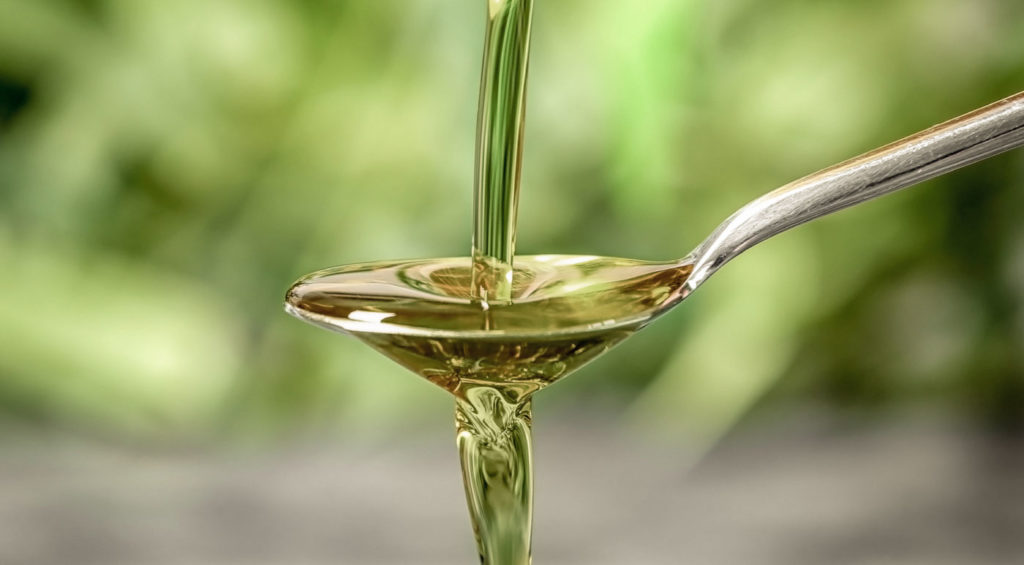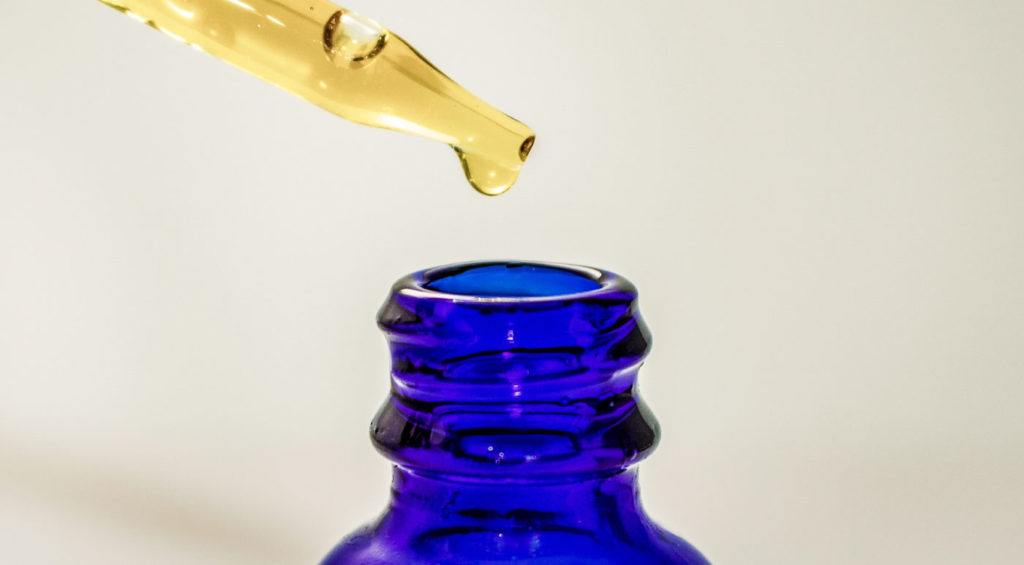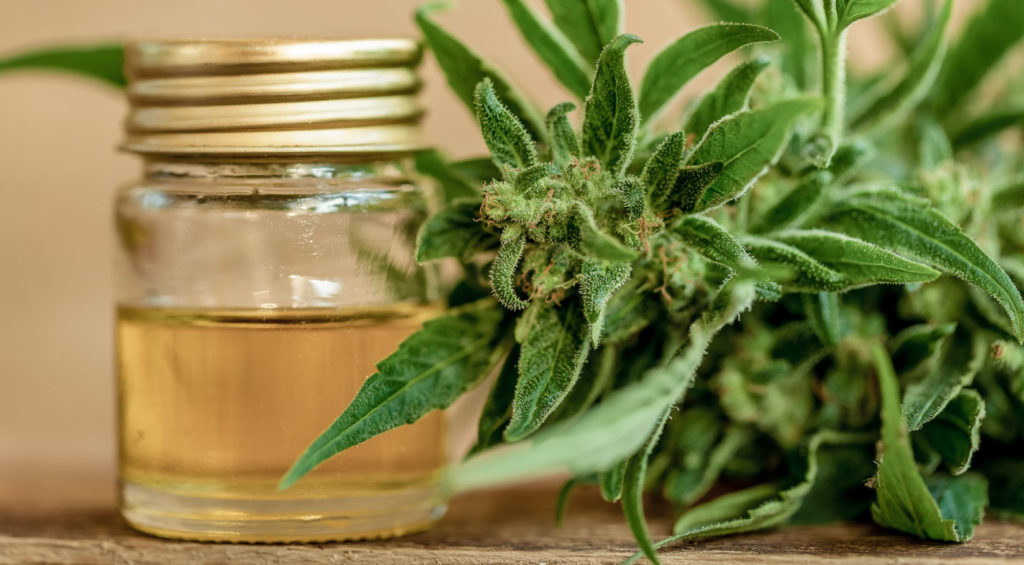
Perhaps you have been reading about the health benefits of CBD products and want to purchase some for yourself. However, when you start looking online, you may notice that when searching for CBD oil, hemp oil products also come up. You may be wondering if CBD oil and hemp oil are the same things, or asking yourself, “What is the difference between hemp oil vs. CBD oil?”
In this post, we will answer all your questions on the differences between hemp oil and its well-known counterpart CBD oil. We will help you become a savvy shopper when it comes to CBD products and hemp products, so you know exactly what you are (or are not) buying.
Let’s begin with a little bit of background on where CBD oil and hemp oil comes from.
Table of Contents
- Where Do CBD Oil and Hemp Oil Come From?
- What is the Difference in Composition of Hemp Seed Oil vs. CBD Oil and Hemp Oil?
- How Can CBD Oil Be Used?
- How Can Hemp Seed Oil Be Used?
- How Do I Know If I Want CBD Oil, Hemp Oil, or Hemp Seed Oil?
- Do Hemp Oil, Hemp Seed Oil, or CBD Oil Contain THC?
- Conclusion
Where Do CBD Oil and Hemp Oil Come From?

CBD oil, hemp oil, and hemp seed oil are sometimes used interchangeably. However, it is essential to know which of these products you are purchasing. Although these three oils have some things in common, they are not all identical.
When purchasing any hemp or CBD product, it is good practice to look at the label to see what ingredients it is actually made from.
Hemp oil, hemp seed oil, and CBD oil are all derived from the industrial hemp plant. The industrial hemp plant is a member of the Cannabis sativa family, of which the marijuana plant is also a member. However, there are significant differences between the industrial hemp plant and the marijuana plant, which we’ll get to at the end of this article.
Since the Farm Bill Act, the industrial hemp plant is legal to farm and cultivate in the United States. It is used to create hemp oil, hemp seed oil, and CBD oil, although different parts of the plant are used.
For example, the hemp seed oil is created by cold-pressing the seeds of the hemp plant while CBD oil and hemp oil are created by processing the leaves, stems, and flowers of the hemp plant.
This is important because different parts of the industrial hemp plant contain specific constituents that change the composition of the oil and its effects on the body.
The ingredients of high-quality, hemp seed oil products should list “hemp seed oil.” The listing of hemp seed oil means all of the oil is from the seeds and does not include oil from other plant parts. The label of hemp seed oil should say “100% hemp seed oil” as there are some blends with different oils available. This is why looking at the label is so important before you buy it.
On the other hand, hemp oil and CBD oil are extracted from the leaves, stems, and flowers of the hemp plant. These plant parts are used because these parts of the plant contain the CBD. In many cases, hemp oil and CBD oil are referring to the same thing. However, CBD and hemp products are not regulated, so looking at the label to see what is truly inside the bottle is essential.
CBD stands for cannabidiol, which is a type of cannabinoid found in Cannabis plants.
Once CBD is removed from the hemp leaves, it is then mixed with a carrier oil, in some cases hemp oil, or in other cases coconut oil or even another type of oil. Combining with a carrier oil allows the CBD to be better absorbed into the body. When you see products that are listed as hemp oil or CBD oil, you can expect to find some level of CBD in them.
In short, CBD oil and hemp oil can be the same thing; however, it is the exact composition of the oil which can make a difference, and hemp seed oil is different from CBD and hemp oil.
What is the Difference in Composition of Hemp Seed Oil vs. CBD Oil and Hemp Oil?

As previously mentioned, hemp seed oil comes from the seeds of the hemp plant. The seeds are high in fatty acids such as omega 3 and omega 6 in a 3:1 ratio.
The hemp seed oil contains 50–70% linoleic acid, an omega-6 fatty acid, and 15–25% α-linolenic acid, an omega-3 fatty acid.
The oil is also high in…
- Vitamin E
- Plant lipids known as phytosterols and phospholipids
- Antioxidants such as chlorophyll and carotenes
- Minerals
Since hemp seed oil is from the seeds of the hemp plant, it does not contain cannabinoids such as CBD.
CBD oil and hemp oil are extracted from the leaves, stems, and flowers of the hemp plant using various extraction methods including CO2 extraction.
As previously mentioned, CBD oil and hemp oil can differ in their composition. For instance, CBD or hemp oil can be full-spectrum (also known as broad-spectrum), which contains the other components found in the hemp leaves such as…
- Terpenes
- Cannabinoids
- Flavonoids
- Fatty acids
CBD oil can also be a CBD isolate which is simply the purified CBD and nothing else. Looking at the label will help you understand whether a CBD or hemp oil product is a full (broad) spectrum or an isolate.
How Can CBD Oil Be Used?
CBD oil and hemp oil can be used for several conditions and in several forms. For example, it can be used topically in creams, in edible candies and oils, as well as in vape products.
How Can Hemp Seed Oil Be Used?
Hemp seed oil can also be used in a variety of ways including in cooking, topically in skincare, or as a supplement for its fatty acid and nutrient profile.
How Do I Know If I Want CBD Oil, Hemp Oil, or Hemp Seed Oil?
Determining whether you want CBD oil, hemp oil, or hemp seed oil depends on what health benefits you are looking for. CBD oil and hemp oil are typically used for their anti-inflammatory properties and are chosen to help manage anxiety, alleviate pain, or support sleep.
Since hemp seed oil is high in fatty acids and antioxidants but does not contain any CBD, it is commonly used for hair and skin care, cardiovascular health, and inflammation.
Do Hemp Oil, Hemp Seed Oil, or CBD Oil Contain THC?

As mentioned earlier, there are significant differences between the hemp plant and the marijuana plant, which lies in tetrahydrocannabinol (THC) content.
The industrial hemp plant contains minimal THC, whereas the marijuana plant contains a considerable amount. This is the plant constituent that has psychoactive effects and is responsible for making you high.
All CBD products in the United States are required by law to contain less than 0.3% THC, and hemp seed oil products contain no THC whatsoever.
Conclusion
It may be confusing to look online and see CBD oil, hemp seed oil, and hemp oil all under the same search. While it’s true that these products share a source–the industrial hemp plant–the hemp seed oil is very different from CBD oil and hemp oil.
CBD oil and hemp oil products can mean the same thing, but taking a closer look at the label will help you determine if the oil is a broad spectrum hemp oil containing a variety of plant cannabinoids, including CBD, or if it is a CBD isolate which is simply CBD in a carrier oil.
